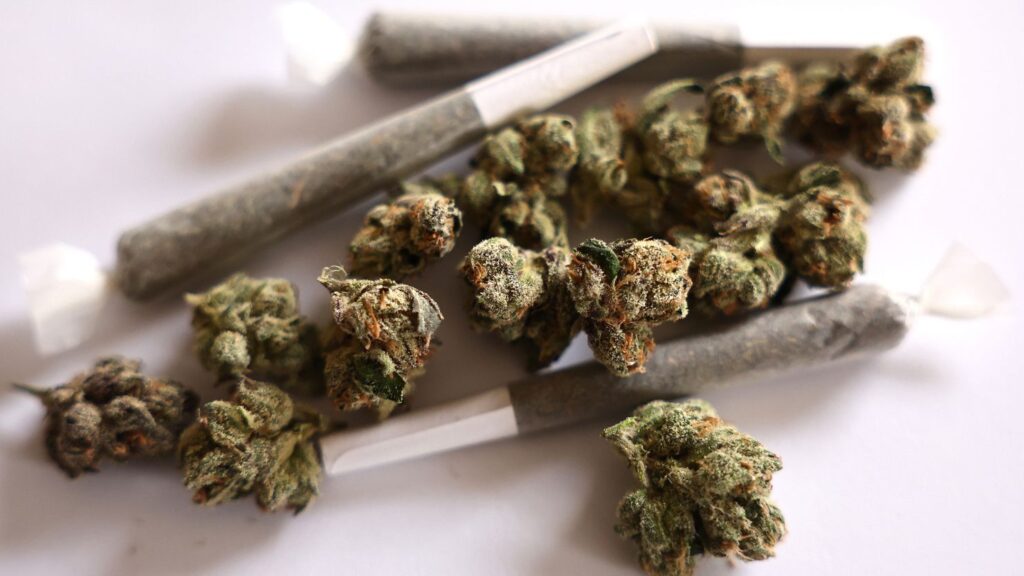(CNN) — Cannabis, or marijuana, has come a long way on the road back to legitimacy in the United States, and it soon may pass an important milestone: rescheduling. That’s the technical term for reclassifying it as a less dangerous drug, which would loosen some restrictions around it at the federal level.
Cannabis was widely used as medicine in the 1800s and early 1900s. But Congress effectively criminalized it in 1937 with passage of the Marihuana Tax Act. However, starting in 1996, marijuana has since become accessible in most states for adult medical or recreational use.
But it’s a different story at the federal level. Currently, cannabis is a Schedule I drug, under the Controlled Substance Act, alongside drugs such as heroin and LSD. By definition, Schedule I drugs have a high potential for abuse and no currently accepted medicinal use. The US Department of Justice is in the process of considering moving marijuana from a Schedule I to a less-restricted Schedule III drug.

Rescheduling cannabis is a complicated process. President Joe Biden officially requested the shift in 2022, and it involves multiple agencies, including the US Drug Enforcement Administration and the US Department of Health and Human Services. The latter agency found “credible scientific support” for the use of cannabis in the treatment of certain conditions, including chronic pain.
That cannabis can potentially be used safely and effectively in a medical context is not a new concept to Dr. Staci Gruber, an associate professor of psychiatry at Harvard Medical School in Boston who has dedicated her career to understanding the effects of cannabis on the brain.
“At this point, there is an awful lot of evidence suggesting that for some people with some types of pain, certain cannabinoids work relatively effectively,” Gruber told CNN Chief Medical Correspondent Dr. Sanjay Gupta recently on his podcast, Chasing Life. “We have certainly seen in our observational studies, individuals cut down on their use of opioids on their own after initiating a course of cannabinoids.”
You can listen to the podcast’s full episode here.
H/T: www.cnn.com



